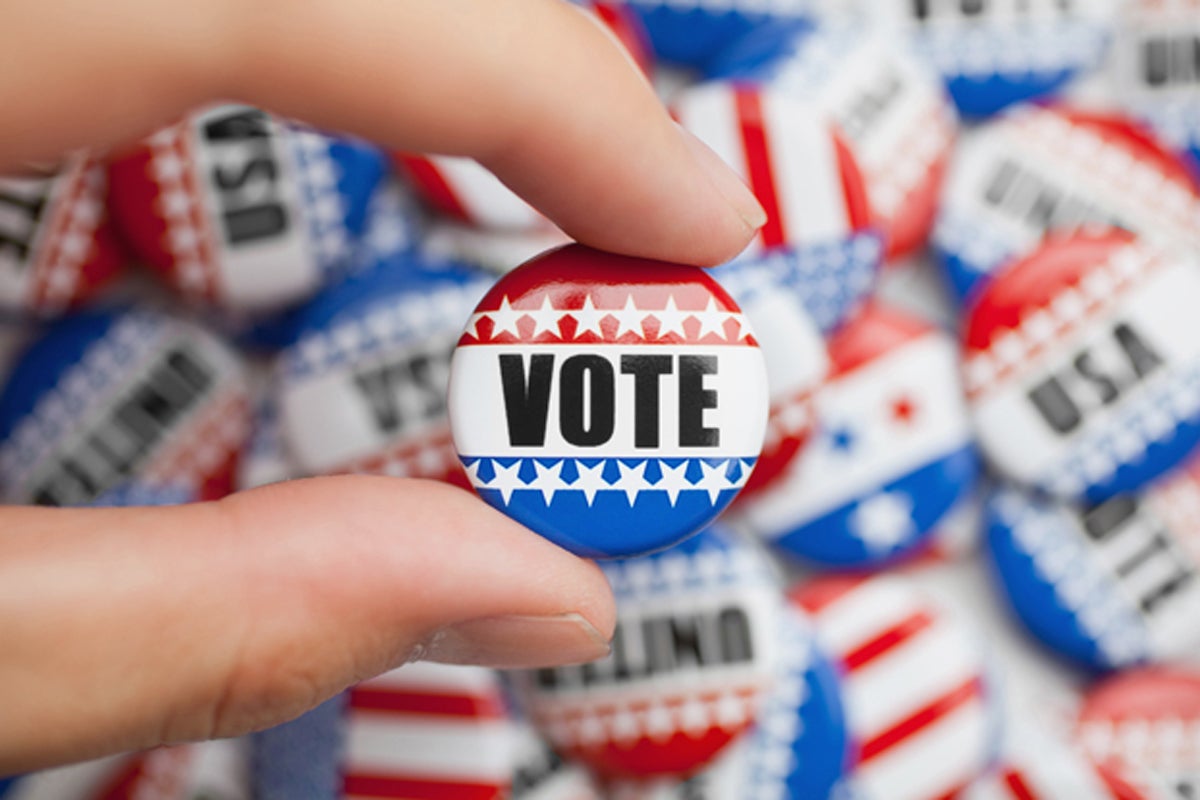Secretary of State says more absentee voting likely for general election
Published 11:22 am Wednesday, July 29, 2020
FRANKFORT, Ky. (KT) – Secretary of State Michael Adams told a legislative committee on Tuesday that Kentucky’s June primary was a nationally recognized success, and while there will likely be changes in the November general election, which is now 99 days away, increased absentee voting will be part of it.
During testimony before the Interim Joint State Government Committee, he said, “What set Kentucky apart is that the General Assembly, the State Board of Elections, the county boards of elections, the governor and the secretary of state all worked together in a bipartisan way, to fashion fair and clear rules, well in advance of the election, and to consistently message the new procedures to inform and reassure voters.”
Absentee voting was a big part of the June success, Adams said. “Although absentee voting has been in our state’s constitution since 1945, in a typical election fewer than two percent of voters mail in an absentee ballot. Many more than two percent of voters qualify for an absentee ballot, however.”
He noted, “Even if the classes of absentee-eligible voters are not expanded for November, I think about 20 percent of voters may vote absentee, as they qualify under current law. I think that’s entirely appropriate under the circumstances, and it helps us somewhat thin out the expected crowds who will vote in person.”
Adams said absentee balloting, in-person early voting and voting on Election Day itself, are all factors he wants to balance, before going to Gov. Andy Beshear for an executive order, probably in August.
He says it may be possible to have expanded absentee voting again in November, “but personally, I’m dubious that we can fully replicate the primary election plan in all respects, as we believe turnout will be 250% higher in November than in June, and it’s not obvious that our county clerks, or the post office, can manage a 250% increase in absentee ballots.”
Adams says he bases that on feedback from state and local election officials from both major parties. “They, and I, are concerned that going from 750,000 absentee ballots to 1.875 million absentee ballots, or more, would overload and crash our system.”
He also expressed concerns over the cost of printing and postage for absentee ballots, as two-thirds of the federal CARES Act money his office received was spent during the primary.
Early voting worked, Adams told the panel, and that while the county clerks are split on whether they should expand absentee voting in November, they universally support in-person early voting to help smooth out the number of voters over a period of weeks rather than one day.
“This is a far less expensive and labor-intensive way to conduct an election,” he stated, “and as we’ve shown, we can do it in a way that keeps voters and election workers safe. Assuming we can find the locations and enough poll workers, the challenge here would be to encourage enough voters to utilize early voting and take the pressure off election day voting sites.”
He said the effort to keep voters safe, and ensure they are not disenfranchised by the coronavirus, are possible only because of emergency powers lawmakers granted to him and Gov. Beshear.
“I have used, and will continue to use, those powers in a limited way, reluctantly and only where necessary. As we develop procedures for November, I will only modify existing election rules to the extent it takes to keep Kentuckians safe and ensure a successful election conducted under a state of emergency.”
Rep. Jason Nemes, R-Louisville, suggested a special session might be in order to make any changes to election law.
“You and Gov. Beshear get your plan together and come to the policy-making body, the legislature, and we make the changes going forward, because we are not constrained by time like we were before.”
After the meeting, Adams told reporters the reason he has not yet come up with a plan for November, “What I am trying to find is the ‘Goldilocks Option,’ of how do we have some absentee voting, some early voting and some election day voting, and not have too much pressure on any part of that system.”
When asked about the special session suggestion, Adams replied, “I don’t know if there is time for the governor to call a special session and for the legislature to reach consensus on how to come up with the election plan, in time for us to have it ready when it needs to ready, which is pretty soon. I don’t object to it if that’s what the governor wants to do.”
He also said he and the governor’s office have been meeting for about two weeks, and they continue to have an open line of communication, adding, “He’s been great to work with.”







